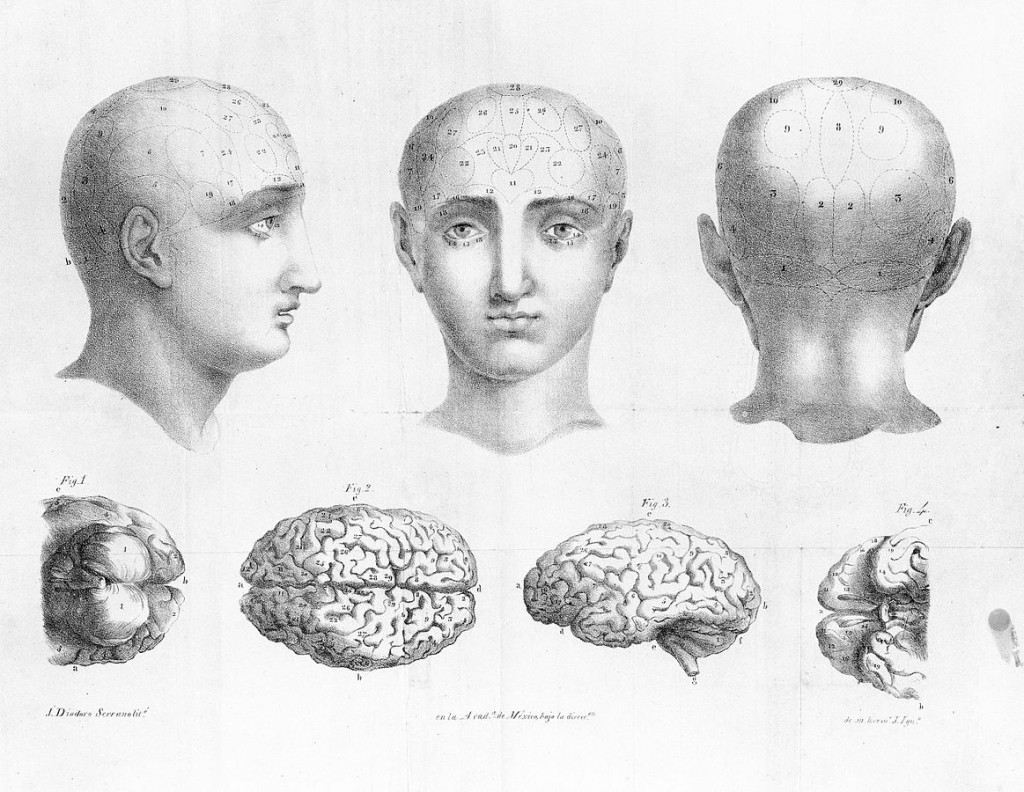Why do you give—is it generosity? Greatness of soul? A response to a call from your faith tradition?
Well, there’s an alternative account: neuroscientists might say your generosity is simply hard-wired in your brain—hard wired to the extent that generosity is not truly a choice, not a virtue, but simply follows from your brain chemistry.
This view is presented by Sam Kean—author of popular books on neurobiology and other sciences—in the current issue of The Atlantic. Kean recounts the story of a Brazilian man who who became “pathologically generous” because of brain damage caused by a stroke. This particular man’s story is quite sweet: after suffering his stroke, he quit his office job and took to the street…
selling french fries from a street cart. The fries quickly proved popular, in part because they were delicious—thin and crisp and golden. Even more enticing, João often served them up for free. All you had to do was ask, and he’d scoop some into a box, no charge. What money he did take in, he frequently gave away to children begging in the street or used to buy them sweets.
Of all the philanthropies one could undertake, there’s something charming about simply giving away French fries—sharing warm, delicious food.
But on Kean’s telling, this sweet man’s generosity is “pathological,” evidence of brain damage from the stroke. While it’s certainly true that there was something problematic about his philanthropy—he gave away so many French fries that he drained his own family’s resources—Kean argues that this man was simply sick.
Kean doesn’t tell the story of this French-fry philanthropist to tell the story of one man. Kean suggests that if this man’s extreme generosity followed changes in his brain, it’s likewise true for the rest of us that generosity arises from the impulse to stimulate the most primitive pleasure centers in the brain, the same ones that respond when you get something good to eat. So, why are we generous? We are generous in order to stimulate the pleasure centers in the brain.
On this account, the most generous people are not displaying virtue; they’re like drug addicts. As Kean puts it:
Giving, it seems, might become compulsive in some people because they crave the rush of dopamine that accompanies it—a rush that might be similar to the spike in dopamine levels that gets some people hooked on drugs such as cocaine and amphetamines. In a real sense, pathological givers might be addicted to philanthropy.
Think about what this means—it suggests that the French-fry philanthropist was a philanthropy addict who couldn’t resist his next “hit” of generosity! Mother Teresa would have been not an exemplar of virtue but a just an extreme philanthropy addict who never checked herself into rehab.
This kind of thoroughly Darwinian account that implies that there’s nothing praiseworthy about generosity—it’s not a virtue, nor a response to a call from a faith tradition. It’s just your brain seeking pleasure. Your brain can be damaged and you will give too much. Or, perhaps your brain isn’t sensitive enough, in which case physicians will be able to develop a “generosity pill” to make your brain more sensitive so that you will be more generous.
This kind of reduction of all human behavior to a biological basis that we find in Kean’s account of generosity is all too common—and so important to resist. Generosity is a virtue of soul, and the exercise of generosity demands choice, not simply response to stimuli. If we want to encourage generosity, we shouldn’t be looking for a “generosity pill” for the body but to educate the soul.






